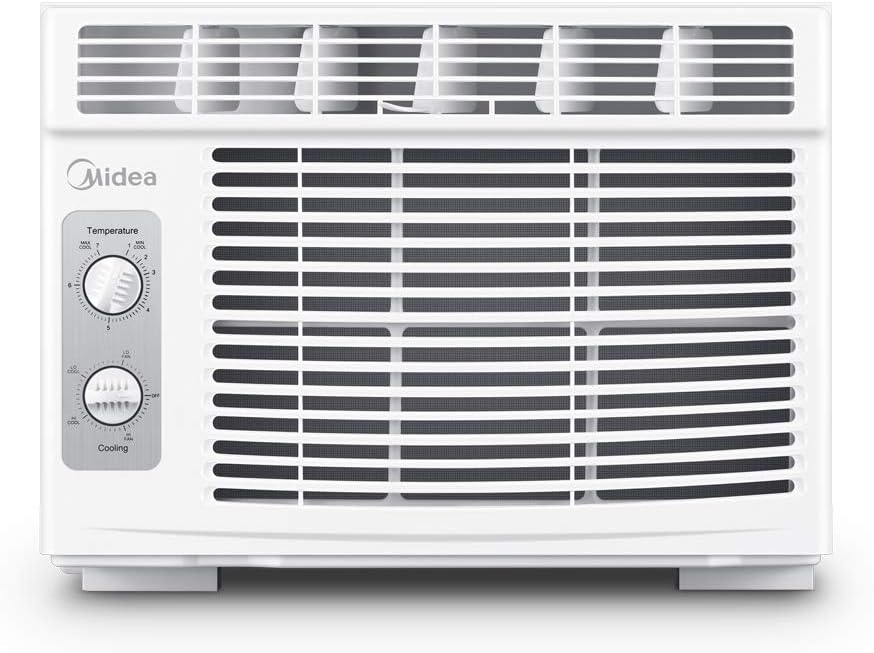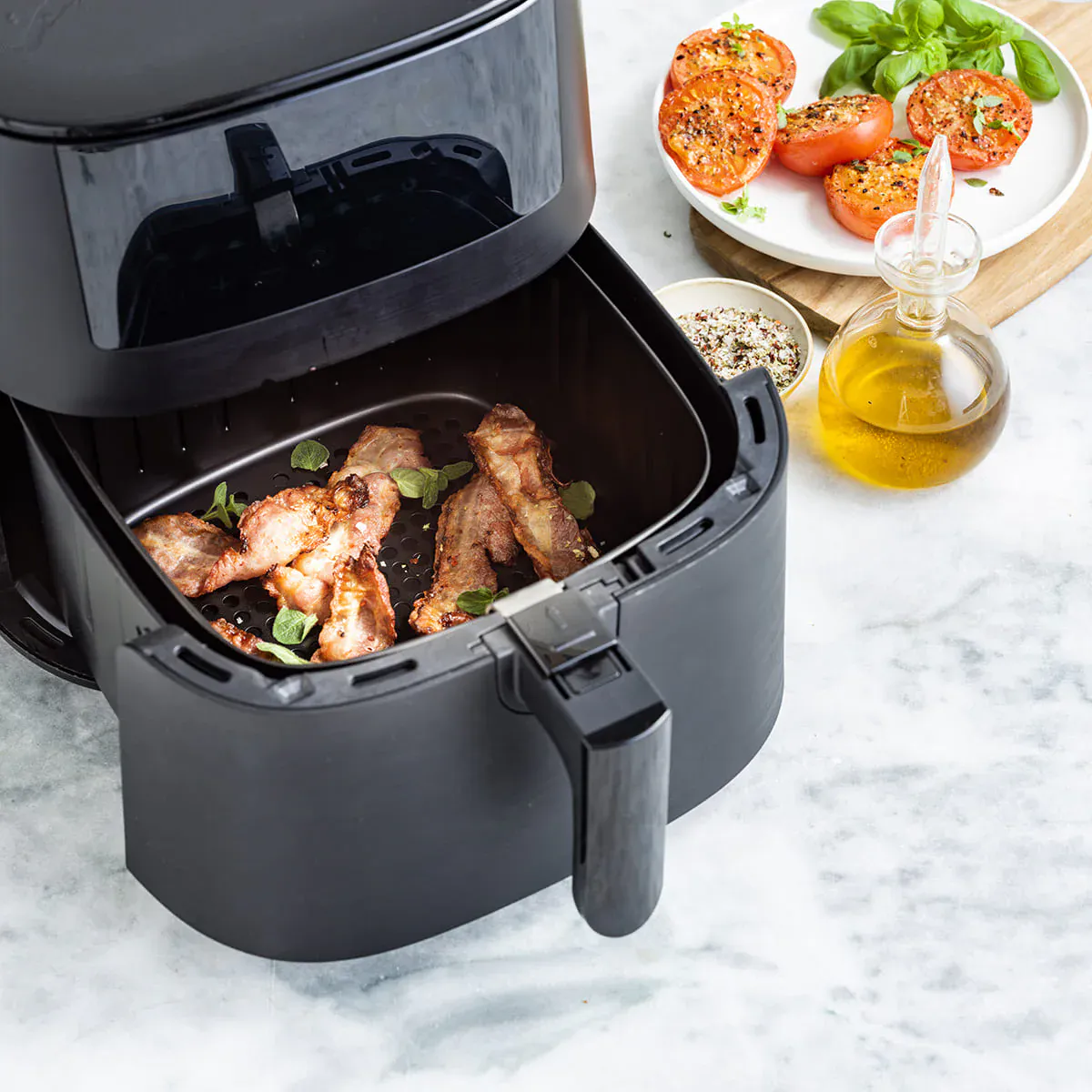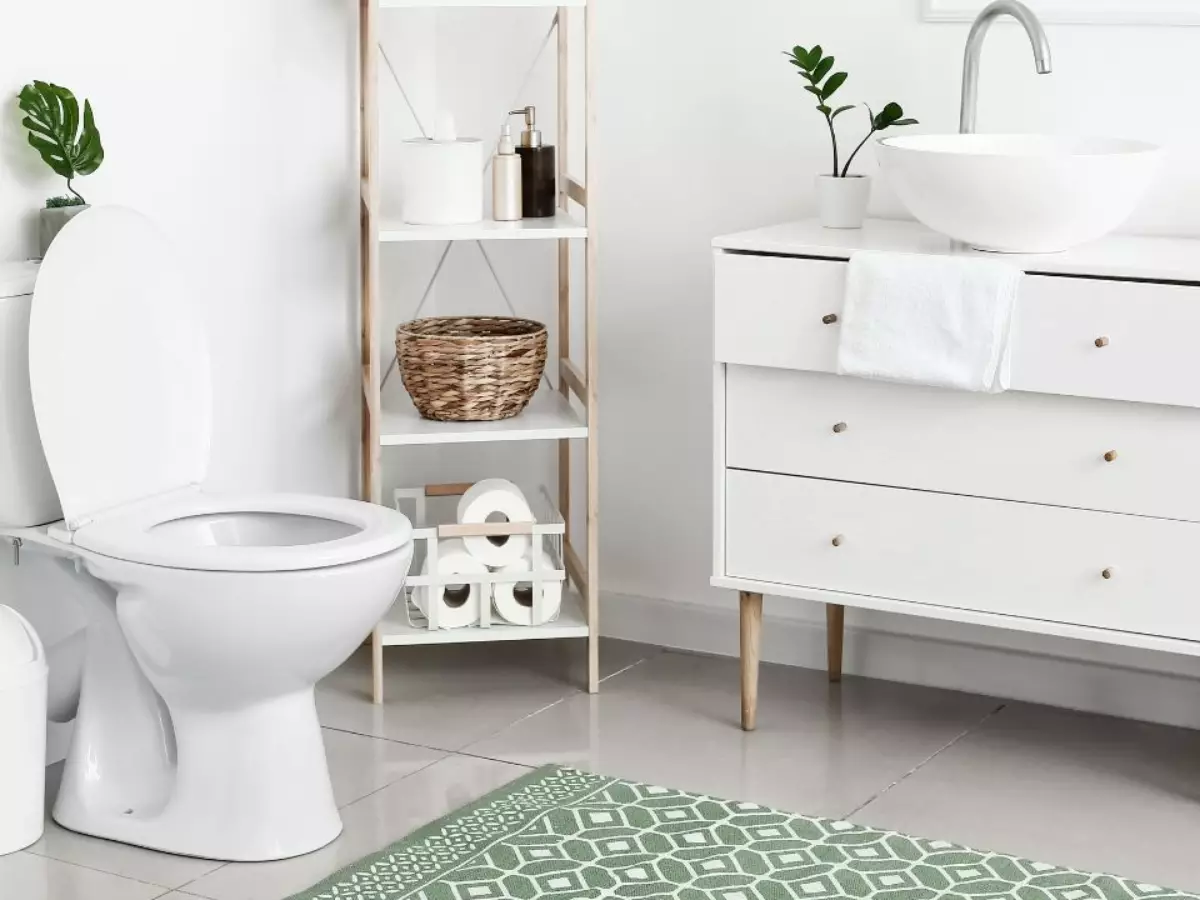Best Air Conditioners to Buy in 2025
Discover the best air conditioners of 2025 with our complete analysis. Practical guide with tips, comparisons, and top market options to help you choose the perfect one.
Choosing the ideal air conditioner can completely transform your home's comfort, especially with the increasingly intense heat we face each summer. With so many options available - window units, portable ACs, central systems, inverter technology - we understand this decision can raise many questions.
A good air conditioner isn't just about cooling your space. It needs to offer energy efficiency to keep your electricity bills manageable, durability to withstand daily use, and of course, fit within your budget. This becomes even more important when you consider this investment should last many years.
In this comprehensive guide, I'll show you the best air conditioners available in 2025, with detailed analysis of each type, selection criteria, and practical tips to help you make the right purchase. Get ready to discover options that combine comfort, savings, and quality.
Table of Contents
- Types of Air Conditioners: Which to Choose
- Central vs Window vs Portable: Complete Comparison
- BTU: How to Calculate the Right Size for Your Space
- Inverter Technology: Is the Investment Worth It
- Energy Efficiency and Consumption
- Top Brands and Features
- Best Models by Category
- Installation and Maintenance
- Conclusion
Types of Air Conditioners: Which to Choose
There are basically three main types of air conditioners in the American market, each with their specific advantages. Understanding these differences is fundamental to making the right choice.
Central air conditioning is the most popular option for whole-home cooling. It uses ductwork to distribute cool air throughout your house from a single outdoor unit. The main benefit is consistent cooling throughout your entire home with quiet operation since the compressor is located outside.
Window air conditioners are the most economical option initially. The entire system fits in one unit, installed directly in a window or through-wall sleeve. They're ideal for those with limited budgets who don't mind a bit more noise and want to cool single rooms.
Portable air conditioners offer maximum flexibility. You can move them between rooms as needed without permanent installation. They're perfect for renters, dorm rooms, or temporary cooling needs.
Central vs Window vs Portable: Complete Comparison
To help you decide, I've prepared a detailed comparison between the three main types:
| Features | Central AC | Window AC | Portable AC |
|---|---|---|---|
| Initial cost | High | Low | Medium |
| Installation | Complex | Simple | Plug and play |
| Efficiency | Excellent | Good | Fair |
| Noise level | Low | High | Medium |
| Aesthetics | Excellent | Fair | Good |
Central air stands out when you want maximum efficiency and comfort, especially for whole-home cooling. If you own your home and can invest in the installation, it's definitely the best long-term option.
For tighter budgets, window air conditioners are still a valid choice. Brands like Midea offer reliable models with excellent value for money.
Portable units are ideal for those who need flexibility. The 10,000 BTU portable air conditioner is one of the highest-rated models in this category.
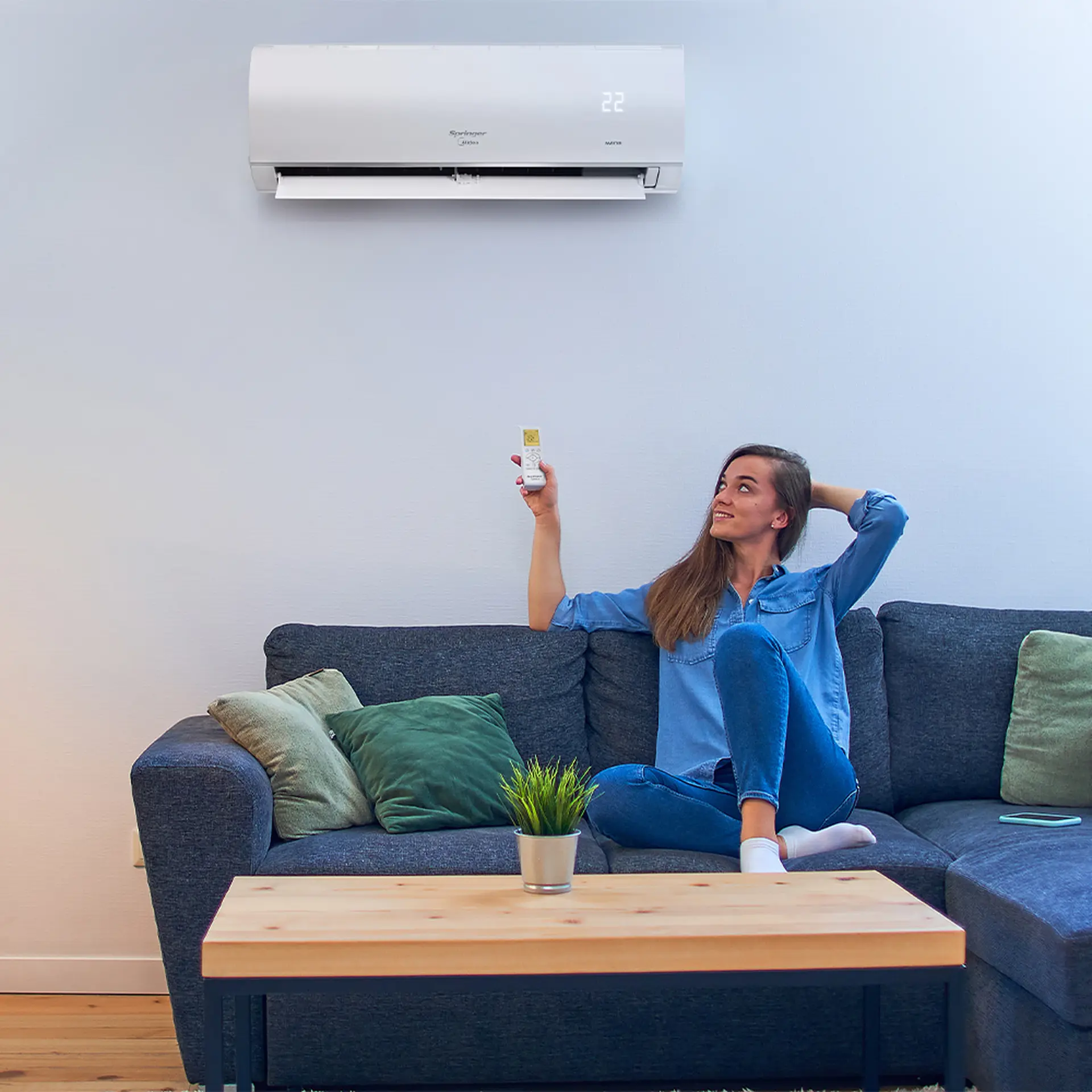
BTU: How to Calculate the Right Size for Your Space
Calculating the correct BTU capacity is crucial to ensure efficiency and savings. The basic rule is 20 BTUs per square foot for normal residential spaces, but several factors influence this calculation.
For a 150-square-foot bedroom, for example, you'd need about 3,000 BTUs. But if the room gets intense afternoon sun, has many occupants frequently, or contains heat-generating equipment, that number should increase to 5,000 or 6,000 BTUs.
Rooms with high ceilings, poor insulation, or commercial spaces demand more complex calculations. A 500-square-foot space might need 14,000 BTUs in portable models to cool adequately.
Important tip: an undersized unit will work constantly at maximum capacity, consuming more energy and lasting less time. On the other hand, an oversized unit will cycle on and off frequently, also wasting energy and failing to properly dehumidify.
If you're unsure about the calculation, consider consulting with an HVAC specialist. The initial investment pays off in energy savings and equipment longevity.
Inverter Technology: Is the Investment Worth It
Inverter technology has revolutionized the air conditioning market in recent years. Instead of turning on and off constantly, the inverter compressor automatically adjusts its speed to maintain the desired temperature.
In practice, this means up to 40% savings on your electricity bill compared to conventional models. Modern inverter units provide smart control and high efficiency that older units simply can't match.
Besides energy savings, inverter models are quieter and provide more stable temperatures. There are no temperature swings - those cycles of too cold followed by too warm that are common with conventional units.
The initial investment is higher - about 30% more than conventional models - but the return comes through energy savings. In a household that uses air conditioning frequently, inverter technology pays for itself in 2 to 3 years.
For those interested in comparing fans versus air conditioners, inverter AC units provide the best balance of comfort and efficiency for serious cooling needs.
Energy Efficiency and Consumption
Understanding energy consumption is fundamental to avoiding surprises on your electric bill. Energy Star ratings help classify units from most efficient to least efficient options.
A high-efficiency 9,000 BTU air conditioner consumes about 0.8 kWh, while a standard efficiency unit consumes 1.2 kWh. Using it 8 hours per day for a month, the difference would be approximately $32 on your electric bill (considering $0.12 per kWh rate).
For those wanting to save electricity at home, choosing an efficient model is essential. Besides Energy Star ratings, check if the unit uses R-32 refrigerant, which is more environmentally friendly and efficient than R-410A.
High-efficiency central and evaporative cooler models are champions in efficiency. These units combine good cooling power with low energy consumption.
Practical tip: always check the kWh consumption of appliances before purchase. This information should be on the Energy Guide label.
Top Brands and Features
The American market features several established brands, each with their specialties and differentiators.
Carrier leads innovation in smart connectivity and zoned cooling systems. Their models with Wi-Fi allow smartphone control and integration with smart home systems for optimal comfort and efficiency.
Trane is renowned for durability and reliability, often offering extended warranties of up to 12 years on compressors, demonstrating confidence in their longevity.
Frigidaire maintains tradition in window units with excellent value for money. Their models consistently rank among the most sold in the category, combining affordable prices with proven quality.
LG offers a complete line from residential to commercial applications. Their portable models and window units have gained market share through good performance at competitive prices.
Whynter specializes in advanced features at accessible prices. Their dual-hose portable units serve everything from homes to commercial establishments efficiently.
Best Models by Category
Best Central Air System: Carrier Infinity series combines energy efficiency, smart controls, and whisper-quiet operation. Ideal for whole-home comfort with maximum efficiency.
Best Value Window AC: Midea 5,000 BTU EasyCool offers reliable cooling at an accessible price, perfect for single rooms up to 150 square feet.
Best Portable AC: 10,000 BTU Portable Air Conditioner provides excellent cooling capacity with easy setup and mobility.
Best for Large Rooms: Whynter 14,000 BTU Dual Hose handles spaces up to 500 square feet with high efficiency and low noise.
Best Budget Option: Midea EasyCool with mechanical controls provides dependable cooling for small spaces without breaking the bank.
For those considering alternatives, tower fans and evaporative coolers can supplement AC systems for additional comfort and energy savings.
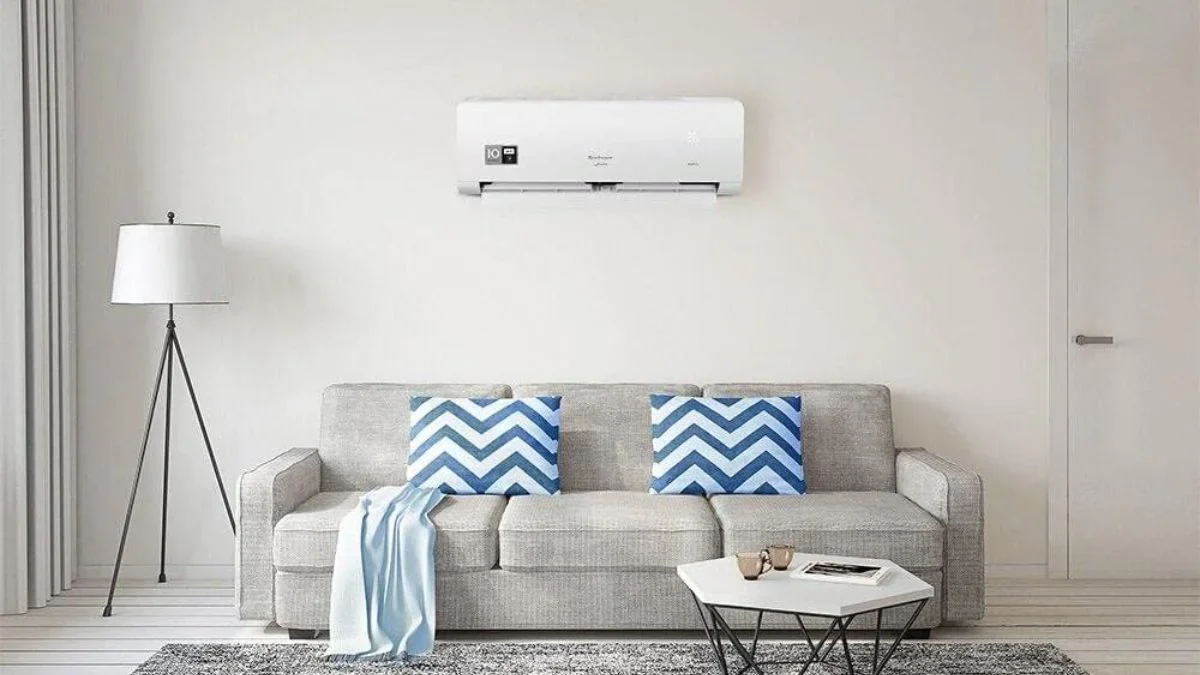
Installation and Maintenance
Proper installation is crucial for good performance and durability of your air conditioner. Always hire a certified HVAC technician, especially for central systems that require refrigerant handling and electrical connections.
For window air conditioners, ensure the window or wall can support the unit's weight. Installation should guarantee proper sealing to prevent outside air infiltration and maintain efficiency.
Preventive maintenance is essential for maintaining efficiency. Clean or replace filters monthly - it's the most important procedure you can do yourself. Dirty filters reduce efficiency by up to 15% and strain the compressor.
Professional cleaning should be done every 6 months in residential environments and every 3 months in commercial settings. This includes cleaning coils, checking refrigerant levels, and lubricating moving parts.
Signs indicating maintenance needs: weak cooling, excessive noise, ice formation on indoor unit, or unpleasant odors that may indicate mold growth.
For comprehensive home comfort, consider how your AC system works with other elements like bathroom ventilation and kitchen airflow for optimal indoor air quality.
Conclusion
Choosing the ideal air conditioner for 2025 involves analyzing your specific needs, available budget, and space characteristics. Central air systems with inverter technology offer the best long-term value, especially if you need whole-home cooling frequently.
For those seeking initial savings, window units remain valid options. Portable units serve specific flexibility needs perfectly. The key is properly sizing the BTU capacity and prioritizing Energy Star certified models.
Top American brands offer excellent options across all price categories. Investing in a quality model and maintaining it properly will ensure years of comfort with manageable electricity costs.
Remember that an efficient air conditioner contributes to overall home energy management, especially when combined with other energy-saving practices and quality air conditioning systems.

